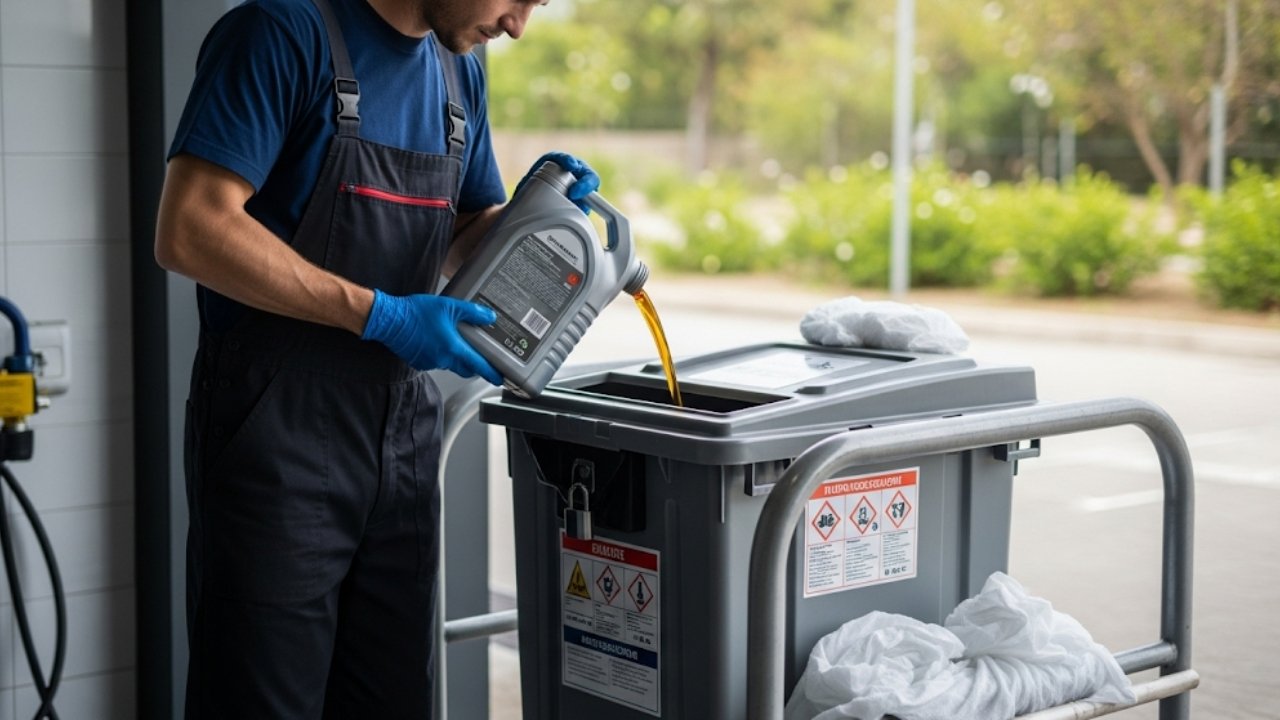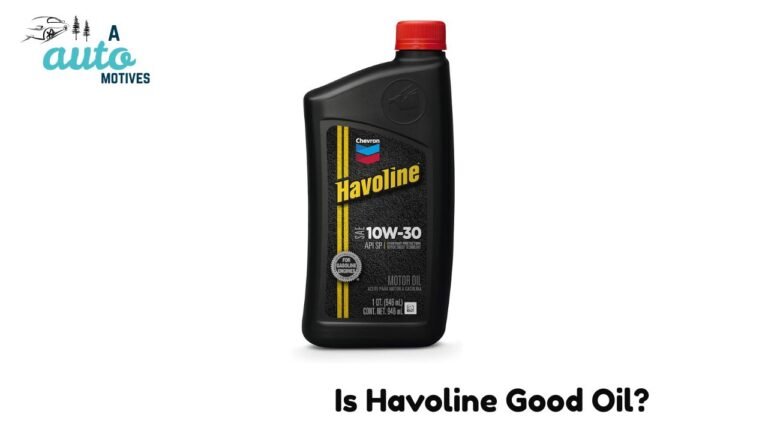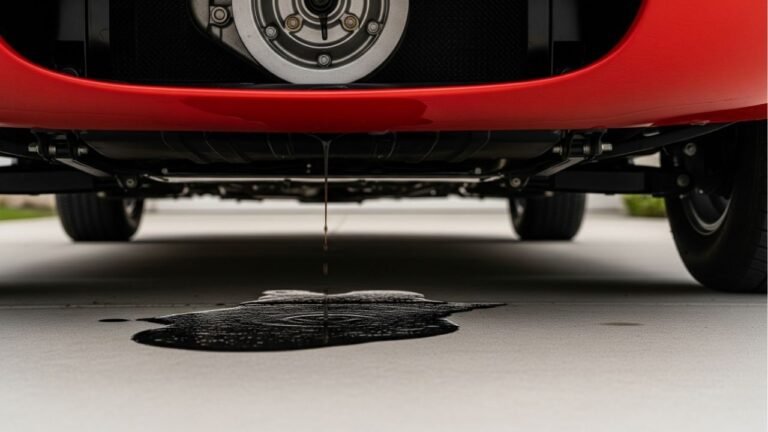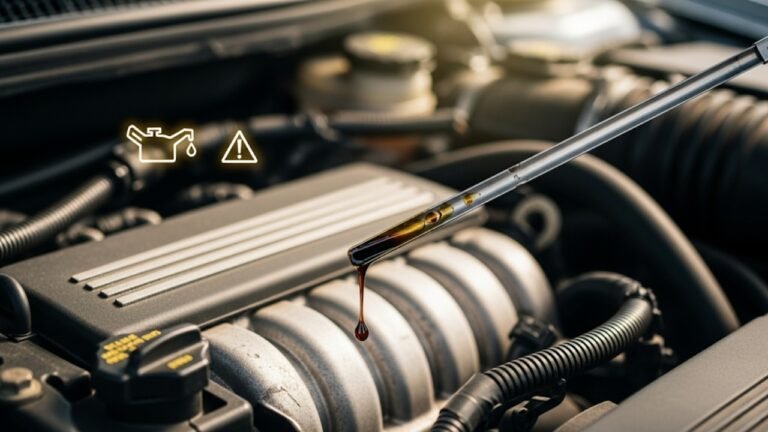Where Can I Dispose Car Oil Without Damaging the Planet?

Changing your own car oil can feel empowering. It’s like cooking your favorite meal from scratch—you save money, gain control, and feel that DIY pride. But what about what’s left behind? That old, black, gunky oil? Most people forget this crucial step and unknowingly harm the environment.
Used motor oil isn’t just dirty—it’s dangerous. One gallon of used oil can contaminate one million gallons of water. That’s the size of a small lake! So, the big question is: where can I dispose car oil safely, legally, and responsibly?
Let’s walk through it together—like two friends fixing up an old sedan on a sunny weekend. I’ve got the oil pan, you’ve got the funnel, and we’re about to find out how to keep the Earth just as clean as our engine.
Why Disposing Car Oil the Right Way Matters

Here’s why proper disposal of used oil isn’t optional:
-
It’s Illegal to dump oil in the trash, storm drains, or on the ground in most places.
-
Used oil contains heavy metals, acid compounds, and carcinogens.
-
It seeps into soil and contaminates underground water tables.
-
Wild animals and pets can get sick or die if they ingest even small amounts.
Used motor oil is considered hazardous waste. Just like you wouldn’t pour bleach into your coffee, you shouldn’t pour oil into the earth.
Common Places Where You Can Dispose Car Oil for Free
Let’s make this easy. Here’s a handy table for common drop-off points:
| Location Type | Details |
|---|---|
| Auto Parts Stores | Many chains accept used oil (AutoZone, Advance Auto Parts, O’Reilly). |
| Quick Lube & Service Shops | Jiffy Lube, Firestone, or Valvoline often accept oil—even if you didn’t buy. |
| City Recycling Centers | Municipal centers may have specific days for oil drop-off. |
| Hazardous Waste Facilities | Every city has one; they accept large quantities with proper containers. |
| Dealerships & Mechanics | Ask if they recycle oil—most already do and might help you out. |
Keep a note: Always call ahead. Policies change, and some may ask you to bring oil in sealed containers only.
Auto Parts Stores Are Your Best Friend
You’d be surprised how welcoming auto parts stores can be. Once, I brought in three old milk jugs filled with used oil to an AutoZone. The guy behind the counter didn’t flinch. He just pointed me to the back where they had a big oil recycling tank.
These stores are a goldmine for the DIY car enthusiast. Here’s why:
-
They accept up to 5 gallons of used oil per day (varies by location).
-
Most stores also take used oil filters—another environmental hazard.
-
They often let you drop off without a purchase.
It’s easy, fast, and clean. Just make sure your oil is stored in a leak-proof container—like a clean jug with a tight lid. Never mix oil with other fluids, like coolant or brake fluid.
Pro Tip: If you’re buying oil there, ask if they’ll recycle it afterward. It builds goodwill—and sometimes gets you discounts.
Recycling Centers: A Hidden Gem in Every Town
Not every recycling center screams “car oil,” but dig a little deeper, and you’ll find they often have hazardous waste drop-off days.
In my hometown, we have an event called “Green Saturday” once a month. Locals drive in with paint cans, old electronics, and yes—buckets of motor oil. It’s community, responsibility, and sustainability all in one.
Here’s how to use these centers:
-
Check your city’s official website for event calendars.
-
Ask about quantity limits and if they accept oil mixed with other fluids.
-
Some centers offer free oil recycling kits for home storage.
Quick Reminder: Call or visit your local sanitation department website. They often have guides on oil recycling that are hidden gems.
Local Mechanics and Service Shops Might Help Too
Now this tip comes straight from experience. I once walked into a local garage, sheepishly holding a container of dark, sludgy oil. The owner, Mr. Khan, didn’t even blink. “Bring it around back,” he said. He added it to his own disposal tank.
Why would they help?
-
Mechanics recycle oil in bulk—one extra gallon isn’t a big deal.
-
It builds community trust and might even get you a better deal next time.
-
Some shops are certified used oil collection centers.
Just don’t assume—always ask politely. Respect their business and space.
Oil Filter Disposal: The Forgotten Part
Disposing of oil is only half the job. The filter? That’s where a lot of grime hides. An oil filter can hold up to 12 ounces of used oil, which is like hiding a soda can full of sludge in your trash.
Here’s what you do:
-
Let the filter drain overnight into your oil container.
-
Seal it in a plastic bag.
-
Take it to the same place you’re dropping the oil.
Auto parts stores often take both. Recycling centers too. Some will even crush and clean them for scrap metal.
Tip: Don’t throw oil filters in the garbage. In many states, that’s considered illegal dumping.
Storing Used Oil Safely Before Disposal
Imagine having a leaky oil jug in your trunk. Been there. Never again.
Use these safe storage tips:
-
Clean plastic containers with tight lids (milk jugs work, but rinse first).
-
Label the container “Used Motor Oil.”
-
Store it in a cool, dry place—preferably in a garage corner or utility closet.
-
Keep it away from pets and kids.
If you’re changing your oil regularly, consider investing in a dedicated oil drain pan with a sealable spout. They cost about $10 and save a lot of mess.
The Legal Side: What Happens If You Dump Oil Illegally?
Let me tell you a quick story—one that made headlines in my town. A man poured used motor oil down a storm drain after a backyard oil change. The city tracked the mess to his house, and he ended up with a $1,200 fine and mandatory environmental classes. He said, “It was just one time.”
But it only takes one time to do serious damage.
Here’s what you need to know:
-
Illegal oil dumping can result in fines ranging from $500 to $10,000, depending on your state or country.
-
In some places, it’s considered a criminal offense—with possible jail time.
-
Cities monitor suspicious pollution using storm drain cameras and public tip lines.
-
Even “innocent” acts—like dumping oil in your trash—can get flagged if it seeps into garbage trucks.
Moral of the story? Don’t risk it. That quick shortcut could cost you a fortune—and your reputation.
What Happens to Recycled Car Oil? The Journey After Drop-Off
Ever wonder what becomes of that grimy oil after you drop it off? I used to picture it vanishing into some incinerator. But what actually happens is pretty incredible.
Used oil goes through a process called re-refining. It’s cleaned, filtered, and brought back to life.
Here’s the cycle:
-
Collection: Your oil joins thousands of other gallons.
-
Transport: It’s moved to a certified processing facility.
-
Separation: Water, metals, and sludge are removed.
-
Re-refining: The clean oil is distilled into base oils again.
-
Blending: Additives are mixed in to match new oil specs.
Believe it or not, re-refined oil can meet or exceed new oil standards. It’s cheaper, greener, and supports a circular economy.
Bonus: Some oil ends up in hydraulic fluid, marine lubricants, or industrial fuel. So, your used oil might power a boat or crane next month!
DIY Oil Change? Here’s How to Handle Oil Like a Pro
If you’re like me and love working on your car at home, managing oil properly is just part of the job. Here’s a friendly little checklist I use every time:
DIY Oil Disposal Checklist:
-
Use a drain pan with a built-in spout (no spills!).
-
Let oil cool before handling—hot oil can burn.
-
Store oil in a clean, sealed container.
-
Don’t forget to drain the oil filter too.
-
Wipe up spills with kitty litter or baking soda.
-
Label and date the used oil container.
-
Plan your drop-off day within a week.
Think of it like cleaning up after a backyard barbecue—you don’t leave greasy pans on the lawn. Same goes for oil. Treat it with care.
Community Oil Disposal Events: Local + Friendly
There’s something heartwarming about people showing up to help the planet together. Community hazardous waste events are like a neighborhood garage sale—but instead of buying trinkets, you’re disposing of toxins.
I attended one in a school parking lot last year. Volunteers helped unload our oil jugs, thanked us for coming, and handed out “Thank You for Recycling” stickers. My kid still has his on the toy box.
Look out for:
-
Spring and fall cleanups
-
Hazardous waste drop-off days
-
Eco-fairs with free recycling stations
Check your city’s website or social media pages. You might even get a free funnel or drain pan just for showing up!
Using Apps to Find Oil Disposal Sites Near You
We live in the age of convenience—so why not find drop-off sites with just a tap?
Here are a few apps and websites I recommend:
-
Earth911 (earth911.com) – Just enter your ZIP code + “used motor oil.”
-
RecycleNation – Nationwide directory with user reviews.
-
Your local government website – Look under “sanitation” or “waste management.”
These tools are free, updated often, and perfect if you’re traveling or moved to a new area.
FAQs About Where Can I Dispose Car Oil
1. Can I put used car oil in a plastic bottle?
Yes, but only if it’s clean, sealed, and clearly labeled. Never mix oil with water, coolant, or other fluids.
2. Is it illegal to throw oil filters in the trash?
In most places, yes. They contain residual oil. Always drain them and take them to an auto parts store or recycling center.
3. How much used oil can I dispose of at once?
Usually 5 gallons per visit, but call ahead—some places accept more with prior notice.
4. What happens if I mix other fluids with oil?
It becomes contaminated and may no longer be recyclable. Some places won’t accept mixed fluids at all.
5. Can used oil be burned or reused directly?
Only in specialized burners with EPA approval. Never try this at home—it’s dangerous and toxic.
6. Do dealerships take back oil?
Some do, especially during service visits. But for DIY oil, always call to confirm.
7. How long can I store used oil at home?
If sealed tightly and stored in a cool place, up to 6 months. But it’s best to dispose of it sooner.
8. Do oil recycling centers charge a fee?
Most don’t—it’s free. You’re actually helping them because recycled oil is valuable.
Conclusion: Let’s Keep the Planet Clean, One Oil Change at a Time
So, the next time you wonder, “where can I dispose car oil?”, remember—you’ve got plenty of options. You don’t need to be a mechanic or an environmentalist. You just need a sealed jug, a little time, and a good heart.
Think of your car as a story. Every oil change is a new chapter. But where you pour the old oil? That determines if it’s a happy ending—for both your engine and the Earth.
Let’s be the kind of people who leave no stains behind. Just clean engines, clear consciences, and streets we’re proud to drive down.






